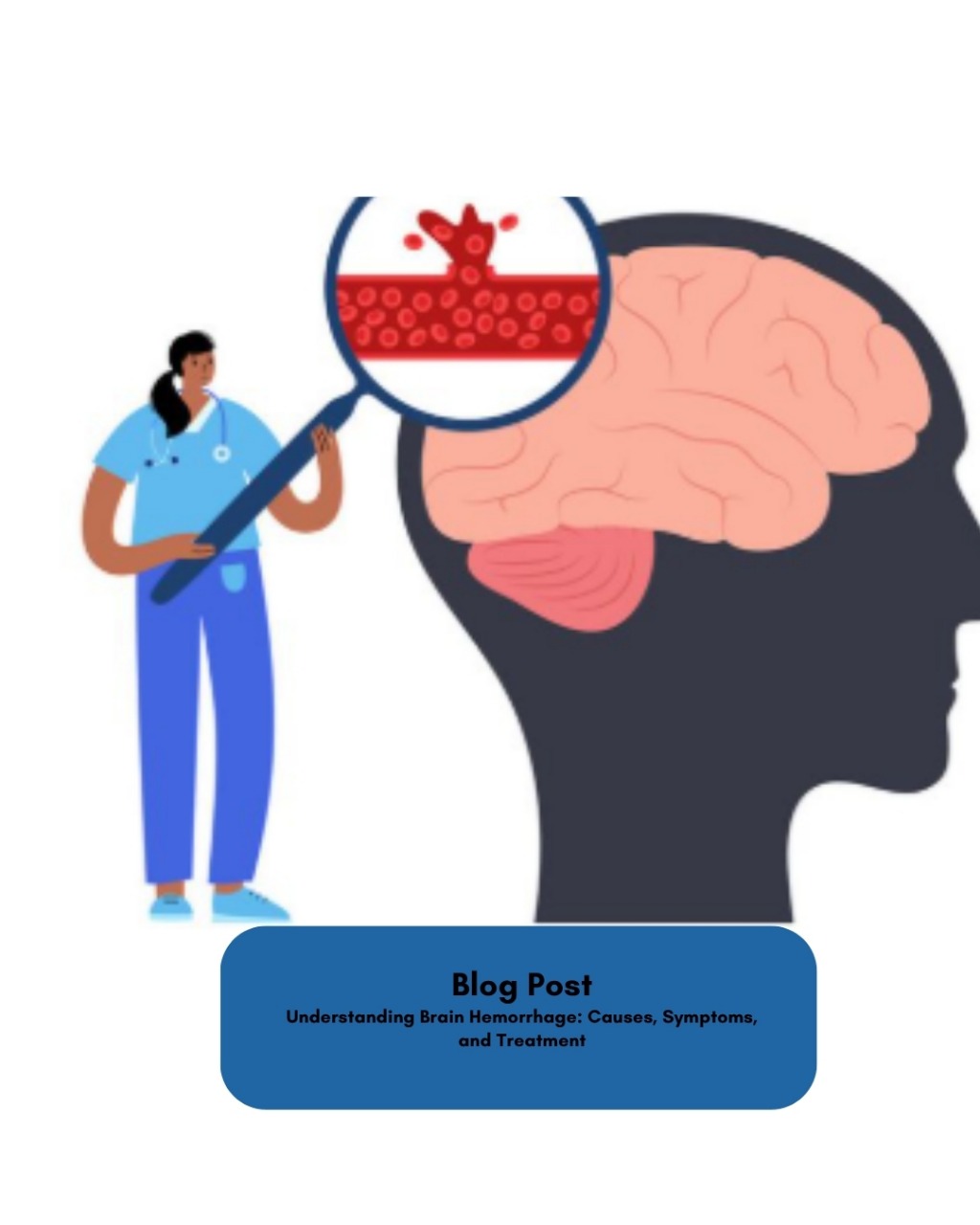Understanding Your Nerve Health: A Comprehensive Guide
Nerve health is crucial for overall well-being, affecting everything from sensation to movement. If you're experiencing symptoms like numbness, weakness, or pain, it's important to understand the potential causes and seek appropriate medical attention.
Common Nerve Conditions
Peripheral Neuropathy: Damage to nerves outside the brain and spinal cord.
Carpal Tunnel Syndrome: Compression of the median nerve in the wrist.
Sciatica: Pain radiating down the leg due to compression of the sciatic nerve.
Radiculopathy: Nerve pain caused by compression or irritation of a nerve root.
Signs and Symptoms of Nerve Problems
Numbness or tingling: A loss of sensation in certain areas of the body.
Weakness: Difficulty moving muscles.
Pain: Sharp, shooting, or burning pain.
Muscle cramps or spasms
Loss of balance or coordination
Diagnosing Nerve Conditions
To accurately diagnose nerve conditions, Dr. Vamshi, a renowned neurosurgeon, may use various diagnostic tools:
Physical Examination: To assess reflexes, muscle strength, and sensation.
Nerve Conduction Studies: To measure the speed and strength of nerve signals.
Electromyography (EMG): To evaluate muscle health and nerve function.
Imaging Tests: Such as MRI or CT scans to visualize the spine and nerves.
Treatment Options
The treatment for nerve conditions depends on the underlying cause and severity of symptoms. Some common treatments include:
Medications: Pain relievers, anti-inflammatory drugs, or nerve pain medications.
Physical Therapy: To improve strength, flexibility, and range of motion.
Occupational Therapy: To help with daily activities and fine motor skills.
Injections: Corticosteroid injections can help reduce inflammation.
Surgery: In severe cases, surgery may be necessary to relieve pressure on the nerves.
.jpg)



Comments
Post a Comment